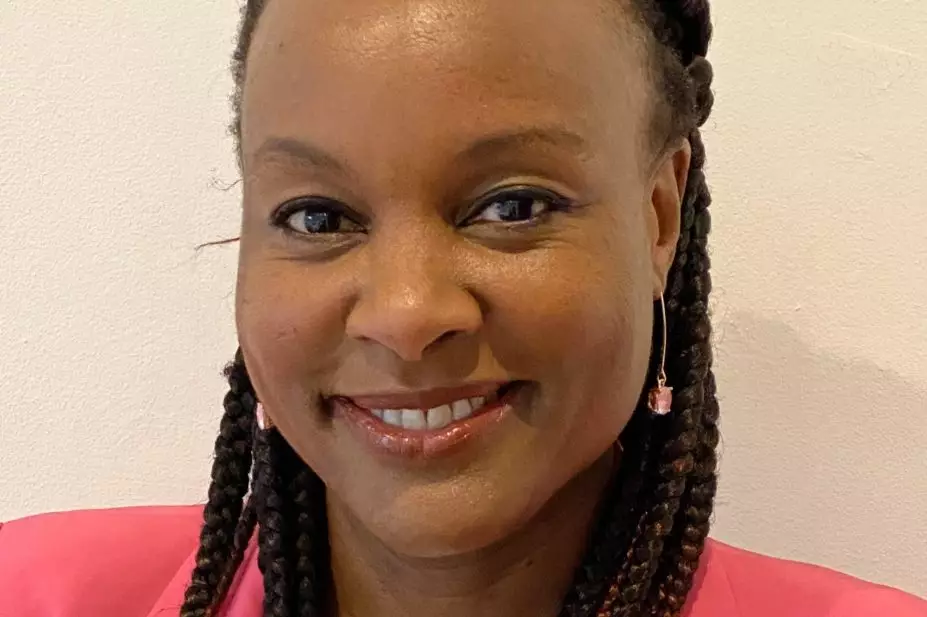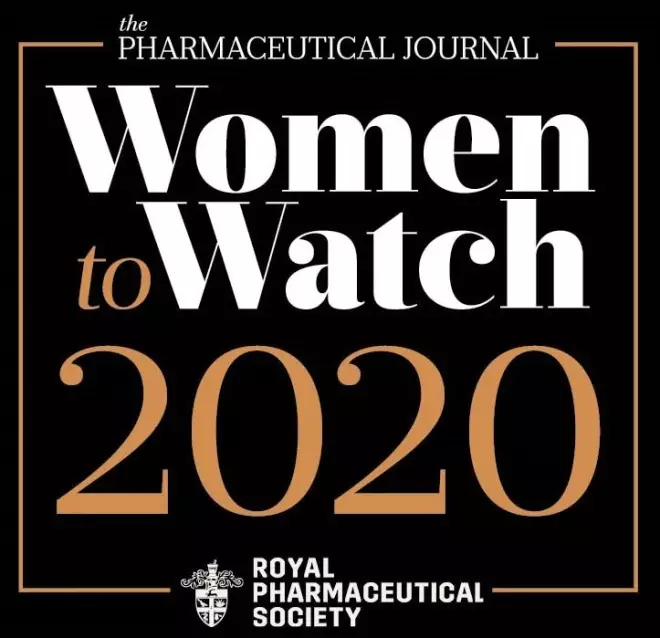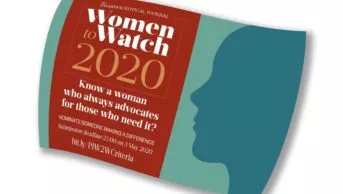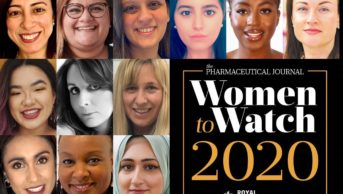
Caroline Dada

It was in 2014, while working as a pharmacist on a psychiatric intensive care ward, that the lack of support for patients with mental health conditions in the community first hit home for Caroline Dada.
“I had a patient who was in hospital with postnatal psychosis — she was in hospital for about a year — and I remember, when she was discharged, thinking that I had been giving her so much support, but what was going to happen to her when she goes back into primary care?”
And yet, that same year, when she proposed a new pharmacist-led scheme to help plug the yawning gaps in care for patients with severe mental health conditions in the community to the chief pharmacist and clinical commissioning group (CCG), she was told there was no funding.
But Dada is not one to take ‘no’ for an answer.
She lobbied the GPs at a practice in a deprived area in Leeds and secured some funding for a pilot, in which a specialist mental health pharmacist and pharmacy technician would support GPs and primary care staff with the patients on the severe mental health register.
After a year, she managed to get funding from a Leeds CCG for years two and three of the pilot, and secured £750,000 in 2020 to roll the service out across the city.
This project led to a major step change in care for patients with mental health conditions in her area. Since the pilot’s advent in 2015, Caroline has grown her team from 0 to 12 people and together they have carried out hundreds of interventions with proven benefits — including preventing significant harm and reducing hospital readmissions.
“[The CCG] realised this was really, really helping prevent admissions, picking up non-compliant patients and making sure monitoring was being done, and the CCG said they would roll it out for the whole of Leeds.”
But underlying those headline benefits is a variety of individual patient stories: “We’ve reviewed patients who have not had any monitoring done for years. If it was a physical health condition, nobody would get away with that,” says Dada.
“Take learning disabilities as an example. There was a patient who had a fit at the age of 15 [years] and was given a headguard and anti-epileptic medication. At the age of 45 [years], he was asked when the last time was that he had a fit and he said he had only ever had one. No one had asked him that question in 30 years; he’d just continually been prescribed that medication.”
And it is not just in mental health where Dada has carved out an innovative new role as a pharmacist. She is also the only non-medical prescriber in the country to run her own hormone clinic for transgender people.
Dada initially started out as a pharmacist within the gender identity service in 2007, but later became an advanced practitioner so that she could assess patients herself. “I have my own caseload and work in the same way as the doctors,” she explains.
And she is helping to support other non-medical healthcare professionals working in gender services, having set up a national group in 2020 to foster collaboration and discuss research opportunities.
“The doctors have a review group and I asked to attend. I was told ‘no’, so I set up my own. A lot of the research in gender is being led by the medics and there is a lot of appetite to do something different.”
However, creating change can be a lonely place: “Pharmacists are unique in what we do and how we straddle so many different interfaces, but we do sometimes struggle to be innovative and daring. Sometimes I have felt quite isolated because people can’t see my vision but that does keep me motivated,” explains Dada.
Her advice to any other female pharmacist that sees a gap in healthcare that they may be able to fill is: “If you want to do something, just give it a go. You might be surprised.”
“She’s taken something from nothing and has attracted significant funding from her CCG, which is not easy”
“Having a clinic in this area ticks all the boxes in terms of reducing inequalities and driving change”
“This is a very strong nomination. Caroline leads one of a select few leading gender identity services in the country. She has carved out a role, which means you have to lead it. You have to create it for yourself”
Meet the rest of The Pharmaceutical Journal’s Women to Watch 2020 here.


